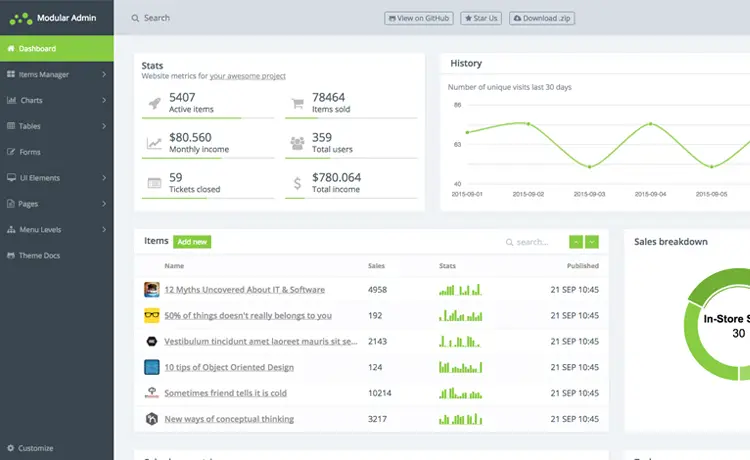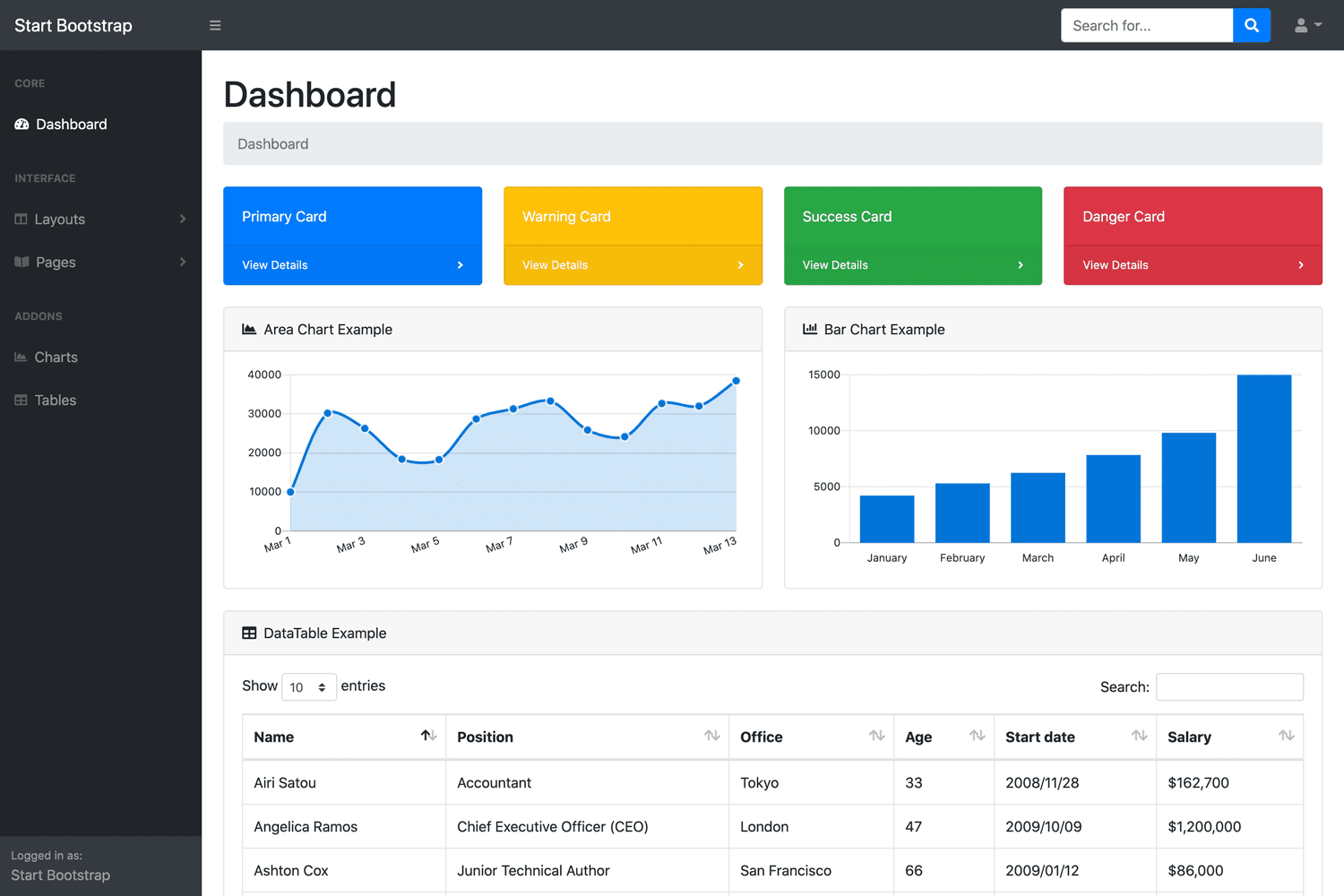HTTP Error 500.30 ASP.NET Core app failed to start
By Tan Lee Published on Nov 14, 2024 736
You deployed an ASP.NET Core, but when you try to access the site, you encounter the error "HTTP Error 500.30 - ASP.NET Core app failed to start."
HTTP Error 500.30 - ASP.NET Core app failed to start Common solutions to this issue: The app failed to start The app started but then stopped The app started but threw an exception during startup Troubleshooting steps: Check the system event log for error messages Enable logging the application process' stdout messages Attach a debugger to the application process and inspect For more information visit: https://go.microsoft.com/fwlink/?LinkID=2028265
You can check stdout log file, this Error appears
at Microsoft.Extensions.Configuration.FileConfigurationProvider.HandleException(ExceptionDispatchInfo info) at Microsoft.Extensions.Configuration.FileConfigurationProvider.Load(Boolean reload) at Microsoft.Extensions.Configuration.FileConfigurationProvider.Load() at Microsoft.Extensions.Configuration.ConfigurationRoot..ctor(IList`1 providers) at Microsoft.Extensions.Configuration.ConfigurationBuilder.Build() at Microsoft.Extensions.Hosting.HostBuilder.BuildAppConfiguration() at Microsoft.Extensions.Hosting.HostBuilder.Build() at ArtanNet.Program.Main(String[] args) in C:\Users\Administrator\Desktop\FoxLearn\ASPNETDemo\Program.cs:line 16
Program.cs file like this:
public class Program
{
public static void Main(string[] args)
{
CreateHostBuilder(args).Build().Run();
}
public static IHostBuilder CreateHostBuilder(string[] args) =>
Host.CreateDefaultBuilder(args)
.ConfigureWebHostDefaults(webBuilder =>
{
webBuilder.UseStartup<Startup>();
});
}First, check which version of ASP.NET Core you are using in your application. This can be found in your project’s .csproj file, then verify the hosting model in use, which can be either In-Process or Out-of-Process.
If you are using In-Process hosting (which runs the app inside the IIS worker process), try changing it to Out-of-Process (where IIS acts as a reverse proxy to the Kestrel server) to see if it resolves the issue.
How to Change the Hosting Model?
Open your .csproj file and check for the following setting
<PropertyGroup> <AspNetCoreHostingModel>InProcess</AspNetCoreHostingModel> </PropertyGroup>
If it's set to InProcess, try changing it to OutOfProcess:
<PropertyGroup> <AspNetCoreHostingModel>OutOfProcess</AspNetCoreHostingModel> </PropertyGroup>
This change can help resolve certain issues related to hosting, especially if there are compatibility problems with the IIS worker process.
You can also fix this issue by changing the Program.cs file, such as add webbuilder.useiis() in creatHostBuilder
public class Program
{
public static void Main(string[] args)
{
CreateHostBuilder(args).Build().Run();
}
public static IHostBuilder CreateHostBuilder(string[] args) =>
Host.CreateDefaultBuilder(args)
.ConfigureWebHostDefaults(webBuilder =>
{
webBuilder.UseStartup<Startup>();
webBuilder.UseIis();
});
}The issue of timeouts during migration from .NET Core 2.0 to .NET 6 was resolved by changing `.UseIISIntegration()` to `.UseIIS()` in the `Program.cs` file.
By following these steps, you should be able to identify and resolve the root cause of the 500.30 error after publishing your app to IIS.
- Implement security headers for an ASP.NET Core
- How to add security headers to an ASP.NET Core Application
- How to Initialize TagHelpers in ASP.NET Core with Shared Data
- Boost Your ASP.NET Core Website Performance with .NET Profiler
- The name 'Session' does not exist in the current context
- Implementing Two-Factor Authentication with Google Authenticator in ASP.NET Core
- How to securely reverse-proxy ASP.NET Core
- How to Retrieve Client IP in ASP.NET Core Behind a Reverse Proxy





